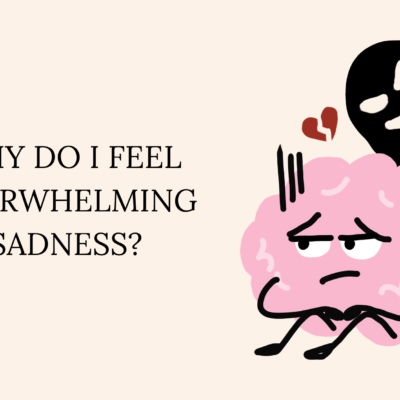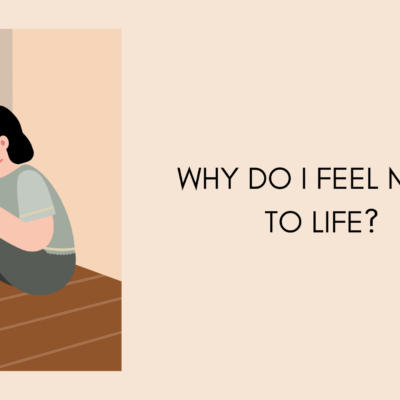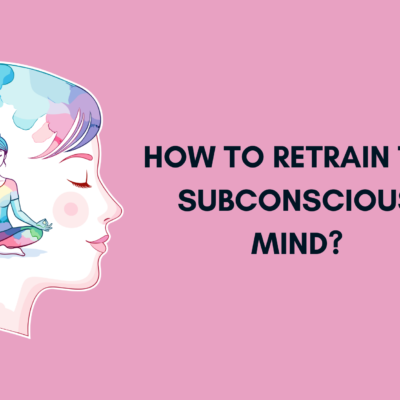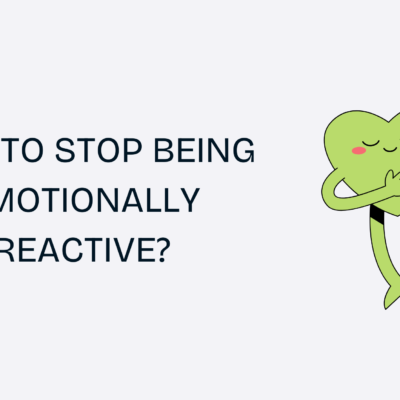What Causes Emotional Numbness: Emotions are at the core of our human experience. They allow us to feel connected, alive, and responsive to the world around us. But what happens when those emotions fade, when joy, sadness, fear, or excitement no longer move us? Emotional numbness, also called affective blunting or emotional detachment, is a condition where a person feels emotionally disconnected from themselves, others, and life events. This numbness isn’t just a passing mood; it can be deeply unsettling and may indicate something deeper going on inside.
In this article, we’ll explore the causes of emotional numbness—ranging from psychological and neurological to social and environmental factors—and how it manifests in daily life.
Also Read:
1. What Is Emotional Numbness?
Emotional numbness is a state where someone feels emotionally “flat.” They may feel like they are watching their life from the outside, unable to truly experience it. They may not react to events that once excited them or feel indifferent to things that used to cause distress. It can show up as:
- Lack of motivation
- Loss of interest in hobbies
- Difficulty connecting with others
- Feeling “disconnected” from reality
- Inability to cry or feel joy
It’s important to note that emotional numbness is not laziness or apathy—it’s often a survival mechanism triggered by the brain when it becomes overwhelmed or feels unsafe.
2. Mental Health Conditions
One of the most common causes of emotional numbness is underlying mental health issues. Some of the key disorders associated with numbness include:
a) Depression
Clinical depression can dull the emotional palette. People with depression often report feeling emotionally “flat” or “empty” rather than simply sad. This numbness is often accompanied by low energy, insomnia, and feelings of hopelessness.
b) Post-Traumatic Stress Disorder (PTSD)
Trauma changes how the brain processes emotional information. In PTSD, emotional detachment is a defense mechanism to cope with overwhelming fear or pain. The person may avoid memories, places, or people associated with the trauma, and feel emotionally distant from loved ones.
c) Anxiety Disorders
Chronic anxiety keeps the brain in a fight-or-flight mode. Over time, this constant state of alert can cause emotional burnout, leaving the person too drained to feel anything at all. They may not feel safe enough to relax and experience emotions.
d) Dissociative Disorders
In some cases, emotional numbness can be part of dissociation—a psychological detachment from thoughts, identity, or the body. This can be triggered by extreme stress or trauma and can feel like watching oneself from outside the body.
3. Prolonged Stress and Burnout
Even without a diagnosable disorder, chronic stress can lead to emotional numbness. When the nervous system is in a prolonged state of overload, the body starts to shut down non-essential functions—including emotional responsiveness—to conserve energy.
This is common in:
- Caregivers who are emotionally drained from constant giving
- Professionals experiencing job burnout
- Students overwhelmed by academic and social pressures
- Parents who are constantly “on” and feel they have no room for their own emotions
In all these cases, the body and brain may simply go into “survival mode,” dulling emotional sensations as a protective mechanism.
4. Medications and Substances
Certain prescription medications can blunt emotions as a side effect. Most commonly:
- Antidepressants (SSRIs): While they help reduce depressive symptoms, they can sometimes make a person feel emotionally muted.
- Benzodiazepines: These anti-anxiety medications can cause sedation, leading to reduced emotional expression.
- Antipsychotics or mood stabilizers: Used for bipolar disorder or schizophrenia, these drugs may also reduce emotional highs and lows, sometimes too much.
Additionally, substance use—like alcohol, cannabis, or opioids—may temporarily dull emotions, but chronic use often leads to emotional disconnection in the long term.
5. Unresolved Trauma
Unprocessed trauma often hides deep in the body and brain. If a traumatic event was never dealt with or was minimized, the brain may wall off the emotions associated with it. This psychological “numbing” helps protect the person from being re-traumatized.
For example, someone who experienced childhood neglect or emotional abuse may have learned early on to suppress emotions to avoid further hurt. As an adult, they may struggle to identify or express feelings, leading to a sense of emotional numbness.
6. Emotional Suppression and Avoidance
In many cultures and families, people are taught to suppress or hide their emotions, especially ones like anger, sadness, or fear. Over time, suppressing one emotion can lead to flattening of all emotions.
For instance:
- A man told to “be strong” and not cry may start to feel emotionally numb.
- A woman told not to “overreact” may learn to shut down her feelings altogether.
- A child repeatedly invalidated when they express distress may grow into an adult who doesn’t trust their own emotions.
This emotional avoidance can lead to internal disconnection, where the person becomes a stranger to their own feelings.
7. Social Disconnection and Loneliness
Human beings are wired for connection. When someone is socially isolated—whether due to life circumstances, anxiety, rejection, or chronic loneliness—it can contribute to emotional dullness.
Long periods of loneliness may lead to:
- Reduced emotional expression
- Loss of interest in socializing
- Numbness in response to social cues
Even if a person is surrounded by people, if those connections are superficial or invalidating, it can still lead to emotional emptiness.
8. Neurobiological Factors
Research shows that emotional processing involves multiple areas of the brain, including:
- The amygdala (fear and emotion)
- The prefrontal cortex (decision-making and emotional regulation)
- The insula (self-awareness and empathy)
Damage or dysfunction in these areas—whether due to trauma, injury, inflammation, or neurodegenerative disease—can lead to emotional detachment.
Some neurological conditions associated with emotional numbness include:
- Multiple sclerosis (MS)
- Parkinson’s disease
- Traumatic brain injury (TBI)
- Early stages of dementia
9. Identity Crisis and Emotional Confusion
Sometimes, emotional numbness stems from an internal identity conflict. People who feel lost, disconnected from their goals, or unsure of who they are may also feel disconnected from their emotions.
For instance:
- Someone going through a major life transition (divorce, retirement, career change) may feel numb.
- Adolescents struggling with identity or purpose may experience detachment.
- People questioning their beliefs or values may feel emotionally disoriented.
When you don’t know who you are or what matters to you, it becomes difficult to access real emotion.
10. The Body-Mind Disconnect
In today’s fast-paced world, many people live disconnected from their bodies. Constant screen time, sedentary lifestyle, and intellectual overthinking can contribute to this mind-body split.
When we lose connection with our physical self—through neglect, poor self-care, or stress—we often lose emotional sensitivity too. Emotions are felt in the body, and when the body is ignored, emotions become inaccessible.
Practices like yoga, deep breathing, dance, or somatic therapy help re-establish that body-mind bridge, allowing emotional flow to return.
Final Thoughts: Healing Emotional Numbness
Emotional numbness is not a permanent condition, and it’s not a sign of personal weakness. It’s often a protective mechanism developed to survive overwhelming circumstances. Understanding the root cause is key to healing.
What Can Help?
- Therapy: Especially trauma-informed therapy like EMDR, CBT, or somatic experiencing
- Mindfulness practices to reconnect with the body and emotions
- Safe emotional expression through journaling, art, or talking to a trusted person
- Regular physical activity to release stored tension and energy
- Healthy social connections to feel seen and supported
- Medication review with a doctor if numbness began after starting a new treatment
You’re Not Alone
If you’re experiencing emotional numbness, know that you’re not broken. Your brain and body may be doing their best to protect you. But you deserve to feel again—to laugh, cry, love, and live with your whole heart. Healing may take time, but emotional numbness can be reversed with the right support and self-awareness.
You are meant to feel. And those feelings, no matter how fragile or fierce, are a beautiful part of being human.






